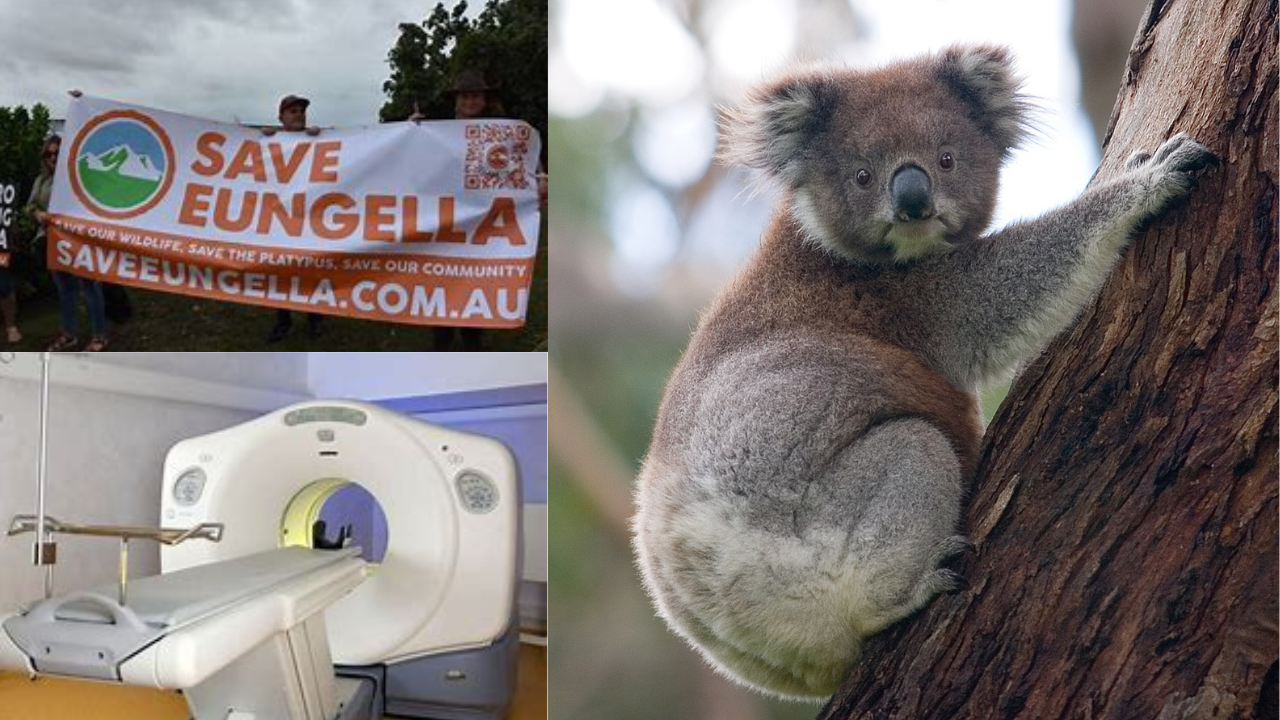HEAC Committee’s report on its consideration of the 2024-25 budget estimates
Mr ANDREW: I rise to speak to the Health, Environment and Agriculture
Committee’s report on its consideration of the 2024-25 budget estimates. This year’s hearing went from
8.30 am to 8.30 pm. It was a great day. That was not long enough for members, especially crossbench
members, to properly examine the large portfolio areas. Members did the best they could. I thank the
committee chair and the secretariat. We had a good day.
The committee recommended that the proposed expenditure, as detailed in the Appropriation
Bill, for the committee’s area of responsibility be agreed to without amendment. I do not oppose this recommendation, but I lodged a statement of reservation, which was tabled with the report. One thing
I left out of my statement of reservation and which I would like to mention here is my concern around
the government’s frequent machinery-of-government changes which added to the difficulties this year.
The changes made it hard for members to compare financial performance, detect long-term trends or
assess how well each department delivers its programs and services when their areas of operation are
constantly changing. All of this serves to greatly reduce transparency and limit the proper scrutiny of
government.
Apart from that, I felt that committee’s estimates hearing was very productive. I was particularly
happy to hear from the health minister that Rockhampton will soon be getting a PET scanner—
something I have lobbied hard for. According to the minister, the department is now looking for an
available space to house the scanner and its radiation shielding before commencing onsite training of
the staff. It is hoped that the scanner will be up and running as soon as possible, particularly in light of
the minister’s advice at estimates that 33,000 Queenslander are diagnosed with cancer every year—a
much higher number than in other states. The minister made reference to skin cancers. I have heard
from oncologists that the rates of prostate and bowel cancer in Queensland are extraordinarily high.
According to the minister, the department’s focus on nuclear medicine and a raft of other cancer
treatment programs all form part of the government’s response to Queensland’s unprecedented cancer
rate. However, there was no mention of any research studies or funding programs, either at the hearing
or in the budget papers, aimed at finding out why so many Queenslanders are now being diagnosed
with cancer. This needs to be an absolute priority of any cancer research program going forward, I
believe.
Turning to the environment portfolio, I was surprised to learn that the environment department
appears to have had almost no involvement in the decision-making process around the
Pioneer-Burdekin Pumped Hydro project, which I am against. It took only a few questions before it
became apparent that the department has done no modelling or studies on the project’s environmental
impacts, particularly on the area’s unique platypus and koala populations or the Eungella honeyeater
and gastric frog. The minister and departmental staff seem somewhat confused that I would even
expect that this might be something that they should have done. They seemed confused that the
industrial sized wind projects that are strung out across my electorate might also call for some kind of
environmental assessment to be carried out on them in terms of the impact these giant turbines might
have on the region’s plentiful, but vulnerable, flora and fauna.
Mr Zanow interjected.
Mr ANDREW: I take the interjection from the member for Ipswich West. I was told that the
department had no involvement whatsoever with any of these projects and I was referred on to the
Queensland planning minister. That is an astonishing response from the department that has been
absolutely relentless when it comes to chasing down small farmers and commercial fishermen for the
slightest environmental infraction they can conjure up. Yet, when it comes to these massive private
consortiums, hacking their way through our mountains and state forests and blasting mountain tops, all
we hear is crickets. The worms in my front yard are making more noise! What this tells me is that the
government is perfectly happy to throw the environment and wildlife under the bus when it suits their
political agenda. When it comes to the state’s so-called ‘green’ transition, it certainly does suit their
agenda. It is shameful.
That said, I would like to thank the chair and other members of the committee again. Many thanks
also go to the hardworking secretariat and the parliamentary staff, who all work extremely hard to
ensure our estimates run so smoothly. Again, I will say that there just needs to be more scrutiny. If
these renewable projects are so good, let the sunshine in. Let us see all the different contractual
agreements: what will it mean for Queensland, what is it going to cost Queensland, when does it stop,
are they going to piggy-back on to the infrastructure that they are going to put in place—all those
powerlines that will run through the Pioneer Valley? How many other dams are proposed to build in
there that will destroy that beautiful valley and all those beautiful animals, all that flora and fauna? It is
disgraceful.

No responses yet